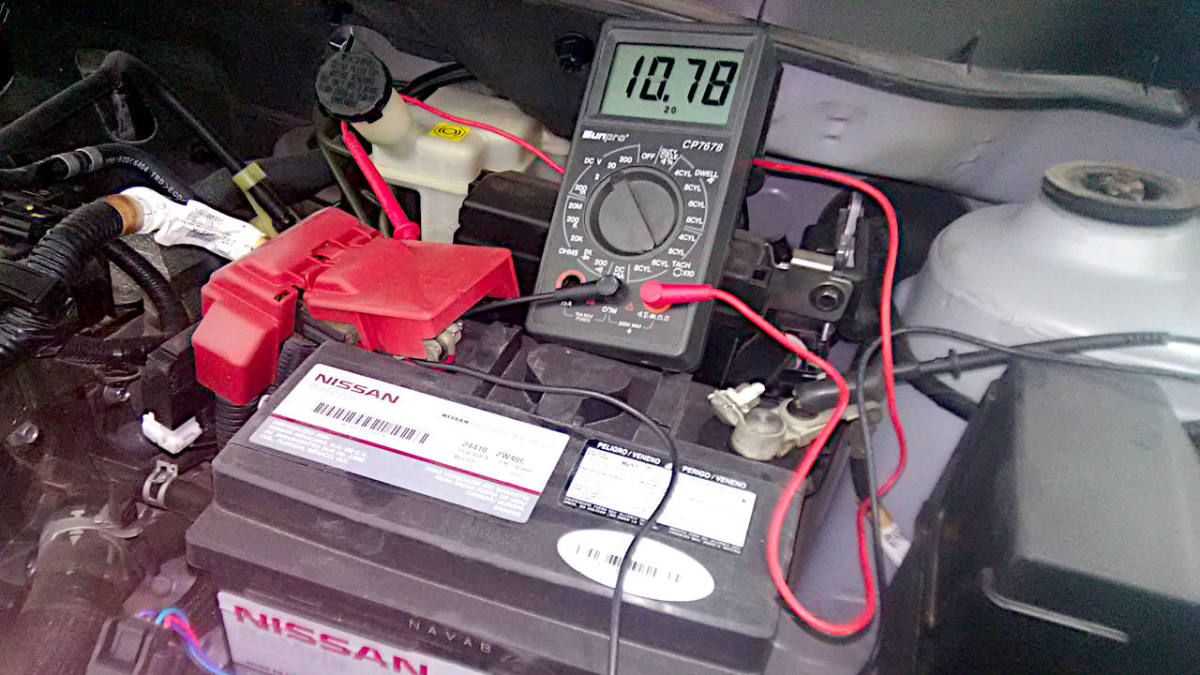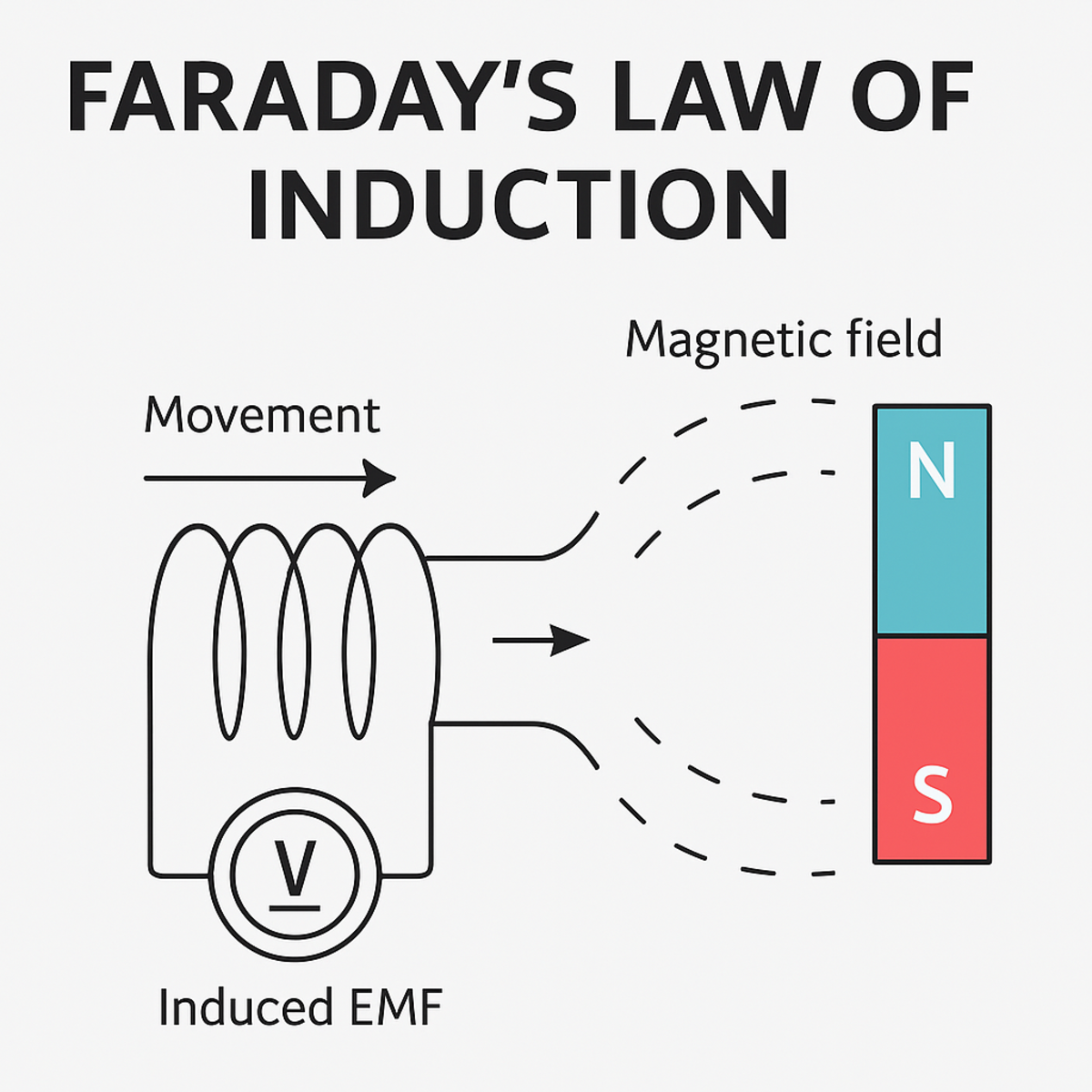How to Get Killed Using a 12-Volt Car Battery
Standard 12 Volt Battery

Ohm's Law
A professor at my father's mid-west university told the unfortunate story about a bet between his students that a regular 12-volt car battery could not kill a person. A sad lesson in Ohm's law proved that this was not true, that indeed one can be killed by the current from a 12-volt battery.
What is Ohm's law? I=V/R or current equals voltage divided by resistance.
I, like many people being too quick to remove or add jumper cables to a car to charge another's battery have had a shock from a 12-volt battery by shorting the battery out, say to the car's chassis. These batteries are STRONG in amperage, although low in voltage.
Sparks occur, but In my case, with regular dry skin, the R in I=V/R was pretty high. Skin provides several kilo-ohms of resistance. Thus, the current, I, was pretty low but very noticeable! So what conditions could possibly kill a person with a 12-volt car battery?
The following video demos a person touching the poles of a car battery with no problem. The video's author also questions whether there is any way to get shocked enough to be killed. Please note the sparks, however, that result when you incorrectly jump another car battery.
Resistance Demo with a Car Battery - 12v
What Happens when Resistance Gets Too Low
Dad's professor noted the details of this experiment to see if a 12-volt car battery could not ever actually kill a person. Sadly, a student went on to test this with a contrived test.
Recall that current = voltage/resistance. Many of us remember that when dividing anything by zero results in infinity. So what this unfortunate student did was create conditions in which the resistance approached zero.
He set up the "experiment" as follows:
- Two metal pans were used in which to make the connection to his hands
- The pans were filled with salt water to lower the resistance
- He plunged his hands in the salt water pans to make connection the the leads of the battery.
Dad's professor claimed that his alone would not have created resistance low enough to approach zero, thus making the current approach infinity. Recall that not voltage, but amperage is the danger in electronic experiments.
Anyway, the student plunged his hands into the brine water contained in the two metal containers hooked up to the 12-volt battery. He instantly fell over dead!
Upon autopsy, it was found that the student's hands were covered with deep scratches going far beneath the epidermis (skin) into the layers of sub-skin and even the tissues of the hands. In this case, the approximately 2K resistance of the skin was bypassed to practically zero.
So the amperage shot up to an amount approaching infinity and was the culprit of the death.
Experiments Involving Electricity
It is wise to really think through any experiments involving electricity!
Another point is that DC or direct current causes the muscles to act in a tightening way, while AC or alternating current causes a sort of vibration. This is why so many linemen working on high voltage AC lines get thrown back if they make a dreaded connection. Alternatively, DC voltage that is too high causes the muscles to tighten into a grip.
I have not tested the pain of these various kinds of voltages voluntarily, but you can see them in the following video:
The Pain of Electricity (AC versus DC)
Conclusion
I conclude that it is rather foolish to underestimate the power of electricity, either AC or DC. Why risk one's life, let alone life over such crazy experiments.
You mileage may vary, so please comment!








